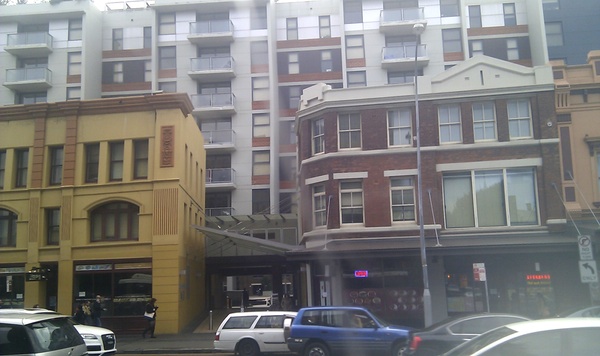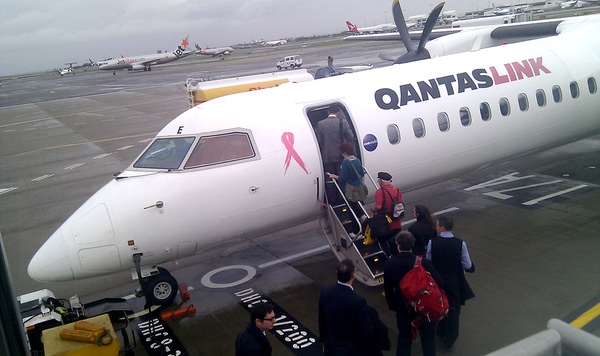Australia’s mandatory internet filter is at least two years away, but Telstra and Optus are only weeks from implementing their “voluntary” equivalents. Where are we up to with this controversial issue?
That’s what I covered in yesterday’s Patch Monday podcast for ZDNet Australia. And as I explained on the weekend, I’m returning to my habit of doing a blog post here for each episode.
For this internet filtering update, I spoke with Peter Black, who teaches internet and media law at the Queensland University of Technology; network engineer Mark Newton; and Lyle Shelton, chief of staff for the Australian Christian Lobby.
You can listen below. But it’s probably better for my stats if you listen at ZDNet Australia or subscribe to the RSS feed or subscribe in iTunes.
Since this podcast was recorded, we’ve discovered that Primus isn’t so sure about voluntary filtering any more. They were the third ISP to commit to the plan last year. However the Internet Industry Association (IIA) has said most Australian ISPs will filter via the Interpol list this year.
Previous podcast on this issue covered the meaning of the Refused Classification content category, Senator Conroy’s announcement of the strategy in July 2010, and the apparent fact that parents don’t act on their cybersafety fears.
Please let me know what you think. Comments below. We accept audio comments too. Either Skype to stilgherrian or phone Sydney +61 2 8011 3733.



![Labor's Plan for Cyber Safety (November 2007): click to download [61kB PDF]](https://stilgherrian.com/wp-content/uploads/2010/06/labors_plan_for_cyber_safety_75w.jpg)